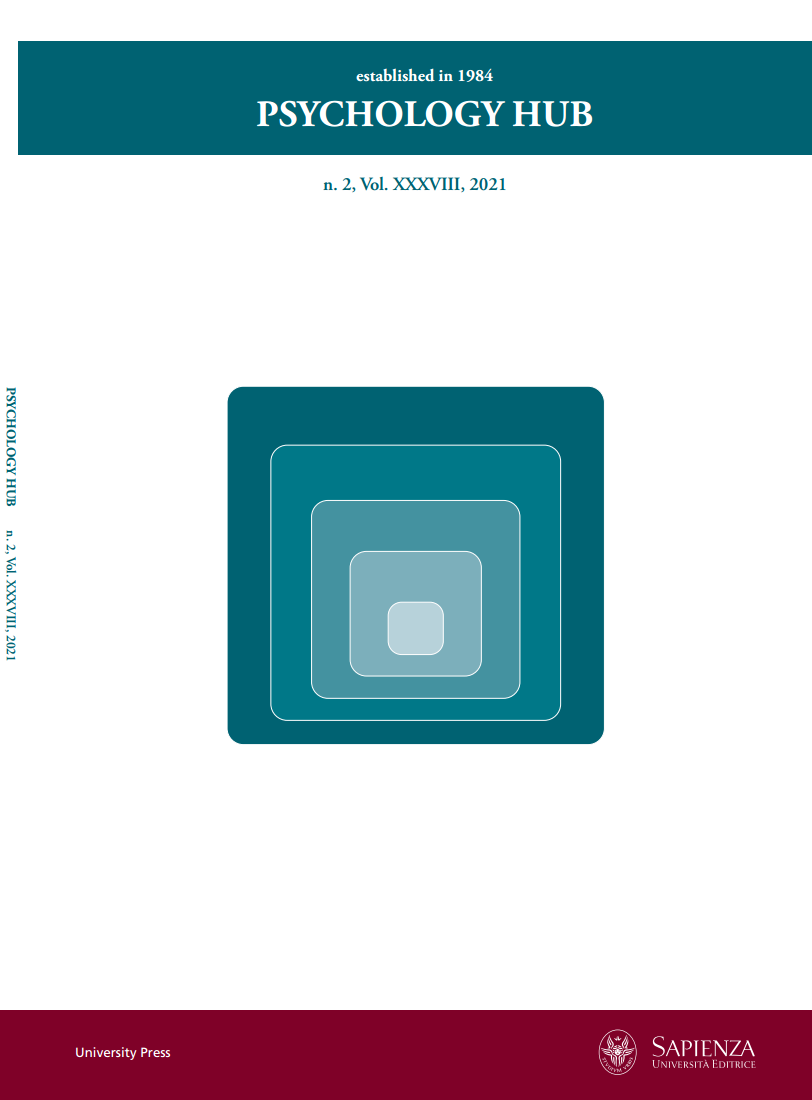Interpersonal guilt, impostor phenomenon, depression, and anxiety
DOI:
https://doi.org/10.13133/2724-2943/17528Abstract
Impostor phenomenon (Clance, 1985) refers to the psychological experience of individuals who perceive themselves as intellectual frauds and fear of being exposed as impostors. Previous studies suggest that the fear of failure, the fear of success, and low self-esteem are preconditions that foster the occurrence of impostor feelings (e.g., Neureiter & Traut-Mattausch, 2016). The aim of this study was to investigate the relationship between the impostor phenomenon and interpersonal guilt as conceived in Control-Mastery Theory (Faccini et al., 2020), and their association with anxiety and depression. Methods. 343 subjects completed the Interpersonal Guilt Rating Scale-15s (IGRS-15s; Faccini et al, 2020), the Clance Impostor Phenomenon Scale (CIPS; Clance, 1985), the State-Trait Anxiety Inventory (STAI; Spielberger et al., 1983), and the Beck Depression Inventory II (BDI II; Beck et al., 1996). Results. As expected, impostor phenomenon was significantly associated with self-hate, survivor guilt and omnipotence guilt. The hypothesis that these kinds of guilt and the impostor phenomenon can contribute to anxiety and depression has also been confirmed. Conclusions. This study suggests that people who experience impostor fears struggle with maladaptive feelings of guilt related to pathogenic beliefs about oneself and significant others, favoring depression and anxiety. Therefore, working on these aspects can be essential in treating these patients.
Published
How to Cite
Issue
Section
License
Copyright (c) 2021 Psychology Hub

This work is licensed under a Creative Commons Attribution-NonCommercial-ShareAlike 4.0 International License.





